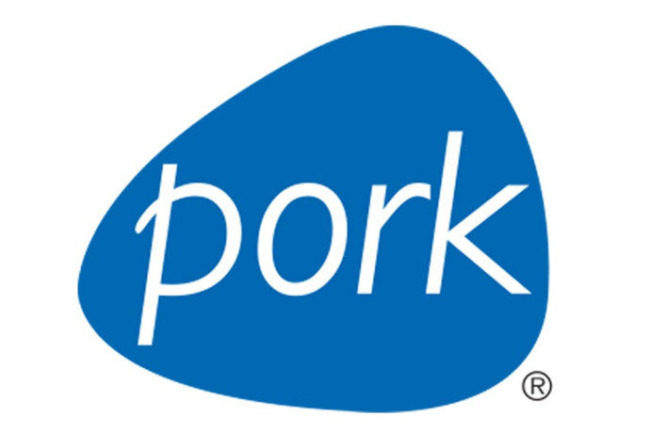HENDERSONVILLE, TENN. — Pig Improvement Company (PIC) and the National Pork Board (NPB) are joining forces to create a framework that demonstrates how swine genetics can affect sustainability efforts.
“America’s 60,000-plus pig farmers are dedicated to building on the progress already made in the sustainability of pork production, and National Pork Board’s collaboration with PIC will create an innovative opportunity to advance this commitment,” said Ashley McDonald, vice president of sustainability for National Pork Board. “This work will create a universal framework that empowers genetics suppliers and pork producers to quantify the value of the work they’re doing to enhance the industry’s environmental performance and support their customers’ sustainability goals.”
The groups hope to show the critical role genetics play in producing healthy, resilient pigs and lowering greenhouse gas emissions. Benefits of good genetics that PIC notes include less water usage and market weights reached sooner.
With the framework, PIC and NPB hope to provide a standardized process that operations can use to measure genetic modifications that support their climate commitments.
“Corporations are increasingly interested in addressing climate change and reducing greenhouse gas emissions,” said Bill Christianson, chief operating officer at PIC. “When we use genetic improvements to increase the health and resilience of our herds, it improves feed efficiency and reduces waste, making protein production more sustainable. We’re proud to be collaborating with National Pork Board to establish a framework that will show genetic improvements are an effective way to mitigate emissions, allowing corporations to claim greenhouse gas reductions.”


